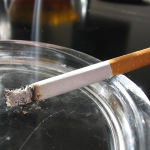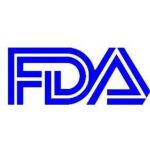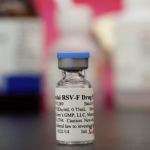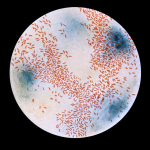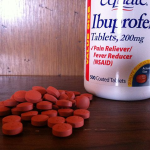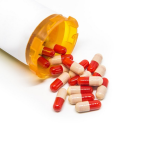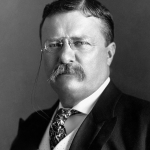The courts have found that FDA's tobacco policies are arbitrary and capricious. The medical community calls them unscientific and harmful.
FDA
Clinical researchers have recognized the therapeutic potential of psychedelics for decades. In recent years, veterans groups and some lawmakers have also begun to appreciate this. But none of that matters if law enforcement disagrees.
The Agency's drug approval and enforcement actions are falling through the cracks, while regulators are squandering time and resources on insubstantial trivia.
The virus leads to approximately 60,000-120,000 hospitalizations and 6,000-10,000 deaths yearly in people over 65 in the U.S. It also threatens young children and pediatric vaccine approvals are expected soon.
Paratek, an antibiotic biotech first established in 1996 has finally met its end. Its story is long, sad, predictable, predicted and its end completely preventable.
Australia plans to turn e-cigarettes into prescription drugs and will ban people from buying them without a doctor’s prescription. Vaping retailers publicly vow they will move to the underground. We have seen this prohibition movie before. It doesn’t have a happy ending.
Accelerated approval is intended to get needed drugs to patients, but there are sometimes distortions and complications in the process that should be addressed.
Drug shortages mean that many patients are getting the second or third choice of a medicine, increasing the likelihood that the drug will be ineffective or only suboptimally effective, or have unwanted side effects. Reciprocity of approvals between the U.S. and certain other countries could help to address that.
Cutting the dose of Tylenol in opioids makes the drugs safer. Why? Pharma company Johnson & Johnson is developing a drug that could reduce liver damage caused by Tylenol — which J&J also sells.
The agency's primary functions are ensuring food safety, regulating tobacco products rationally, and expeditiously approving new drugs and medical devices. It's failing. Instead, we're getting increasingly complex organizational structures and the commissioning of endless reports.
Social justice advocates continue to demand that professions like medicine become more "diverse." Critics contend this development could bring unqualified physicians into the profession and jeopardize public health. Should we be worried? The FDA wants to label certain foods in the grocery store "healthy." It's an awful idea.
Whenever I think of Teddy Roosevelt, I imagine a hyper-talkative exuberant extrovert. He was known as an environmentalist, historian, and writer, but sadly his contributions to public health are obscured by his “larger than life” personality.
